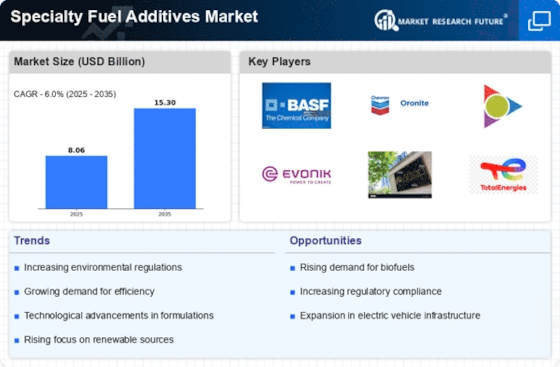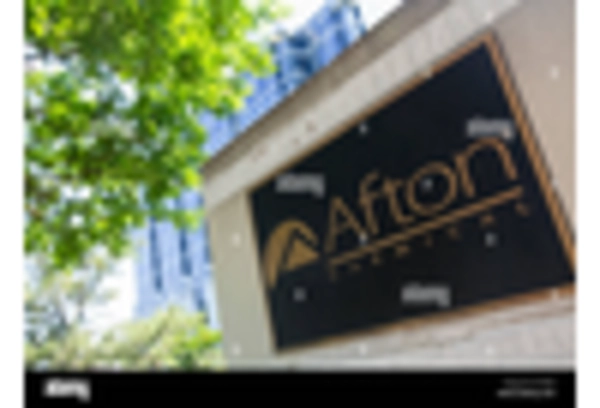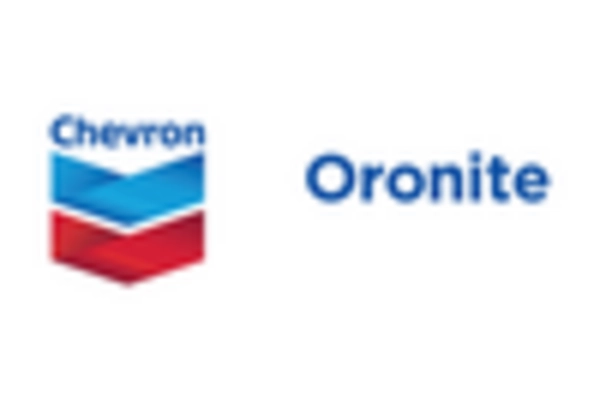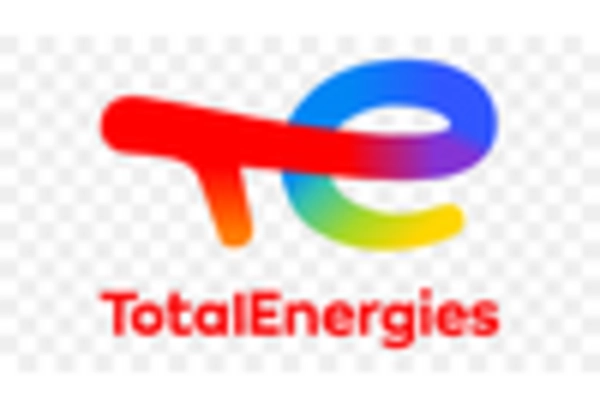Market Trends
Key Emerging Trends in the Specialty Fuel Additives Market
The specialty fuel additives market is now observing some trends that are changing and influencing its nature. These additives act as a key component in increasing the fuel’s performance and efficiency as these cater to the varying demands of many industries. One of the most noticeable tendencies in this market is the considerable rise in environmental sustainability. In light of the growing environmental concerns caused by ordinary fuels, the demand for specialist fuel additives that can participate in cleaner and more effective combustion is also increasing. This trend coincides with the continuing of the world effort of a low carbon emission and the building of greener future of energy.
Moreover, the biggest factor that drives the market is increasing in researches with innovation and product differentiation. Organizations operating in the domain of specialty fuel additives are pouring funds into creating sophisticated additions that cater to particular problems affecting various applications, like the stabilization of the fuel, the reduction of emissions, and the prevention of engine deposits. This focus on innovation is largely market-driven, not only to comply with the regulatory standards but also to stay ahead of competition in a crowded market.
Eco-friendly transportation is an increasing area of focus for the automotive industry which is one of the biggest consumers of specialty fuel additives. With the rise of electric cars, the conventional internal combustion engines have to compete on the terms of the fuel economy and emission reduction. Responding to this tendency, manufacturers employ complex combustion additives that simultaneously optimize combustion processes, extend engine life, and meet strict emissions standards. Amidst growing concerns in fuel efficiency and emission reduction, the specialty fuel additives demand in the automotive industry are being driven by this trend.
Another important development in the area of bio-based fuel additives is the growth in the use of bio-based specialty fuel additives. Considering the increasing level of sustainability across sectors, recyclable additives from renewable sources are becoming the prevailing choice. Besides the ecological effects, bio-based additives serve as a replacement for the chemical preparations. This trend manifests itself noticeably in regions where regulatory policies encourage the use of bioproducts. The transition towards bio-based specialty fuel additives is a component of the general industrial trend of developing clean, innovative approaches.


















Leave a Comment